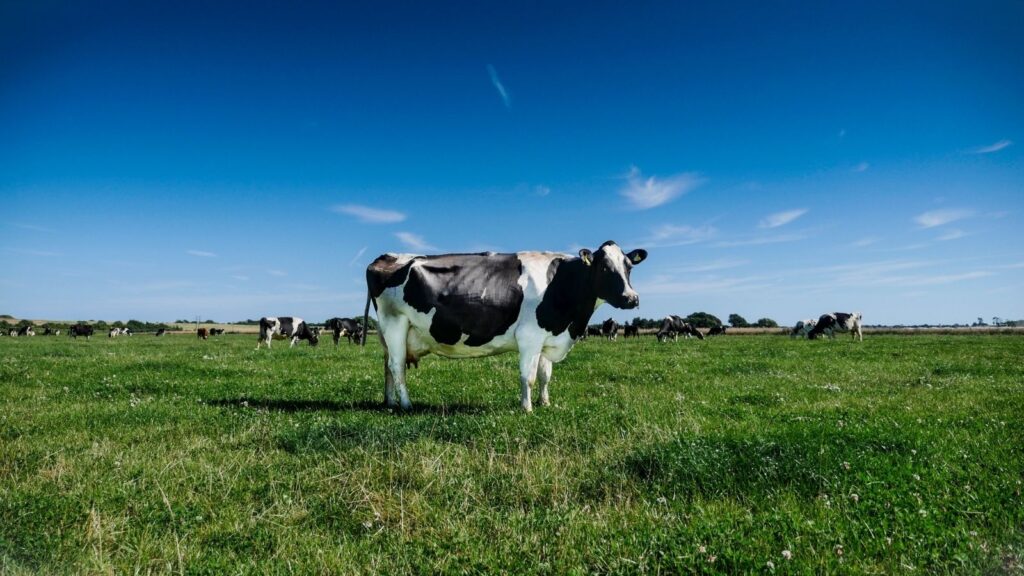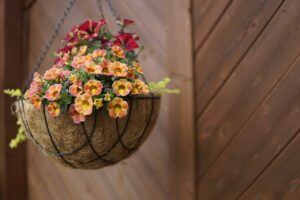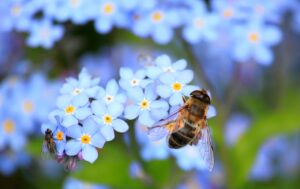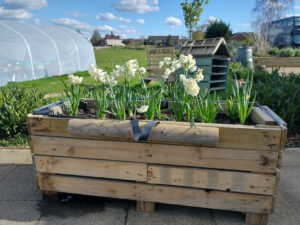From enhancing the aesthetics of your garden to ensuring ultimate safety for children’s play areas, mulch as a product has a wide range of applications. If you’re a bit of a beginner when it comes to mulch, you’re just in luck; welcome to Mulch 101.
WHAT IS MULCH?
Mulch is a weed suppressant that is applied to the surface of a bed or border to keep weeds at bay. This layer of mulch, as well as being a weed barrier, also aids in maintaining the surface temperature of the soil beneath it and has the potential to act as a slug and snail deterrent. As a gradual release fertilizer, compost mulch or manure provides a boost of nutrients and improves the soil and organic matter.
WHAT IS MULCH USED FOR?
Mulch is used for a variety of applications, however primarily mulch can aid and maintain the temperature of the ground by acting as a barrier, protecting roots from frost during colder months and retaining moisturewithin the soil on sunny days. You can choose from a variety of mulch options, such as woodchip, compost, and bark.
All of these are beautiful mulches that help to keep weeds at bay and slugs and snails away and can be used in a variety of projects such as flower beds, vegetable gardens, trees, and shrubs. Just take care of any plant roots when mulching, as they can be easy to damage.
WHAT IS MULCHING?
Mulching, or the application of a thin layer of material such as wood chips, shredded bark, or compost mulch to any bed or border, helps to keep moisture in the soil throughout the dry summer months while also suppressing most weeds. Slugs and snails are also deterred by woodchip and bark. Mulching with compost can also work as a slow-release fertilizer, giving nutrients to tired or sad soil, or other organic materials.
Whatever the key component in the mulch might be, we recommend using that specific mulch to tend a similar landscape fabric. So, for example, using a mulch that consists of grass clippings often works most effectively on a lawn-based project.
WHEN IS THE BEST TIME FOR ME TO MULCH?
Mulch can be used at any time, but it’s best done just after preparing the beds and borders for planting. Alternatively, once your shoots or saplings have been transplanted and your bulbs have been planted, mulch can assist to keep pests at bay while also keeping the soil temperature and moisture steady.
WHAT IS THE BEST MULCH?
There are plenty of different types of mulch, like organic mulches and inorganic mulches. When applying mulch during intervals throughout the growing season, Cow Compost works well as a mulch for plants, providing a boost as a slow-release fertilizer. It’s also incredibly nutrient-dense (6888 mg/litre nitrogen, 5540 mg/litre potassium, and 928 mg/litre phosphorus).
Our Compost Mulch has a similar nutritional profile to Cow Compost (Nitrogen 4608 mg/litre, Potassium 3120 mg/litre, and Phosphorous 703 mg/litre). It also has a chunkier composition than the 10mm compost, allowing it to sit on the soil’s surface and act as a weed suppressant while also contributing to the retention of ground moisture.
MULCH 101 CONCLUDED
We have a wide variety of mulches at Earth Cycle that are ideal for practically any job. From compost mulch and cow compost, play chips and nursery chips, to fine composted bark and even bark nuggets made from Pine, Douglas Fir, and Larch, there’s something for everyone.
If you have any questions regarding our varieties of mulch or any of our other products for that matter, we’d be more than happy to help out in any way we can. Feel free to email us at [email protected]. Or, fill out our enquiry form and we’ll respond to you within a short time period.




